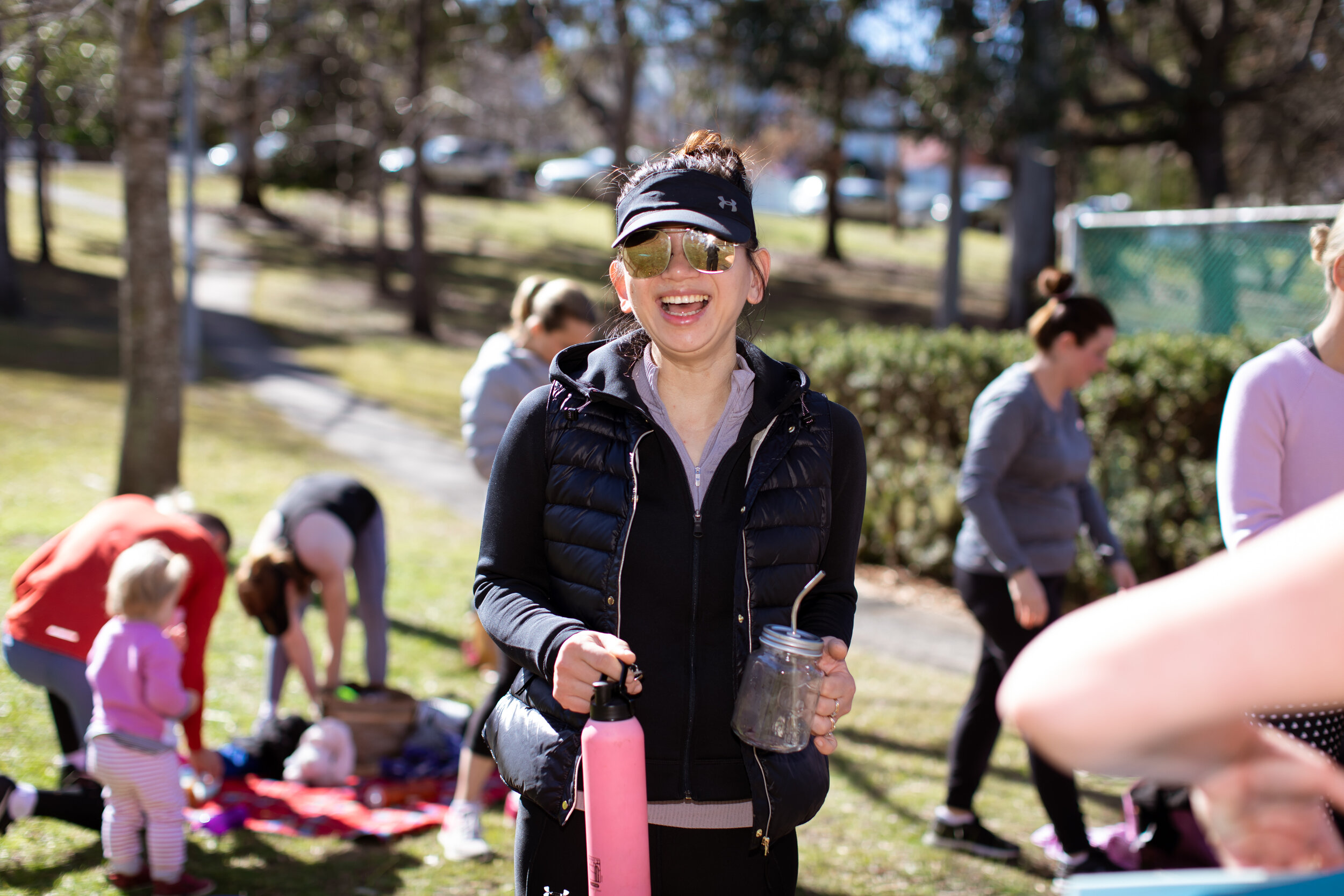What’s The Happiest Age Group?
New research has found the average peak age of happiness is 82 years old, so it seems the best years of our lives are still to come!
The research was conducted by Neuroscientist Daniel Levitin and evaluated people of all ages across 72 countries. In his book The Changing Mind, Levitin suggests that older people are more resilient as there is an increased likelihood that they have had to cope with difficult experiences throughout life. At 82 years of age many of us will have dealt with significant loss and heartache, so the mere fact that we are alive and well is something to be grateful for. Levitin also proposes the possibility that at 82 years of age we have learnt to adapt to our strengths and weaknesses, and are not dragged down by infeasible aspirations. It could also be that cheerful people live longer than the miserable, therefore only the happy are able to be surveyed.
Knowing that the best years of our lives are yet to come, it’s important to live in a way that improves our longevity so we can enjoy these later years. Gathering together the most up to date information from Daniel Levitin’s research, studies of the Blue Zones (i.e. regions of the world where people live much longer than average) and advice from happiness research Professor Barbara Fredrickson, there are a number of things we can be doing to increase the possibility of living a long, happy life:
Have a purpose. Happy people have a reason to get out of bed every day, whether it be to go to a job you enjoy, care for your family, meet with a friend or attend a group training session.
Exercise to release endorphins and produce a naturally happy high.
Good quality sleep. Aim for 8 hours a night and go to bed and wake up at the same time to support your circadian rhythm.
Moderation in food and drink. Don’t eat too much, too often, and eat mostly whole foods.
Try new things. Contrary to popular belief, neuroscience is finding that our memory won't necessarily become impaired as we age. If we continue to stimulate our brain, we can continue to develop and improve cognitive (brain) activity into our later years.
Go outside. Studies suggest that spending as little as 20 minutes outside can increase a person’s happiness and general wellbeing by more than 60%.
Have an active social circle. People need to be with other people, and spending time with friends and family on a regular basis is a strong predictor of long term happiness.
Meet new people every day. Meeting strangers engages all areas of the brain from deciphering facial movement, to deciding how to react to a stranger. So maybe we shouldn’t feel so exasperated the next time our parents start up a conversation with the stranger in line at the grocery store!
“Professor Fredrickson’s happiness research shows the biggest factor in influencing whether you're going to be happy through your day and throughout your life is having micro contacts with people you don't know. Just A little ten second conversation here and therE matters” - Daniel Levitin
Interestingly and encouragingly, our Fit My Day outdoor group training sessions hit the mark with many of these suggestions - turning up to training adds purpose to our days, obviously we exercise, training helps us sleep, we are try something new in almost every exercise session, we certainly spend time outside and our group training sessions connect us with current friends and allow us to regularly meet new people. The way we’re going, we will most likely be training together when we are 82 - and can you imagine how happy we will all be then!
by Angie Black
Hey! I’m Angie. I’m passionate about fitting exercise into your life, for the rest of your life.
BLOG CATERGORIES:







